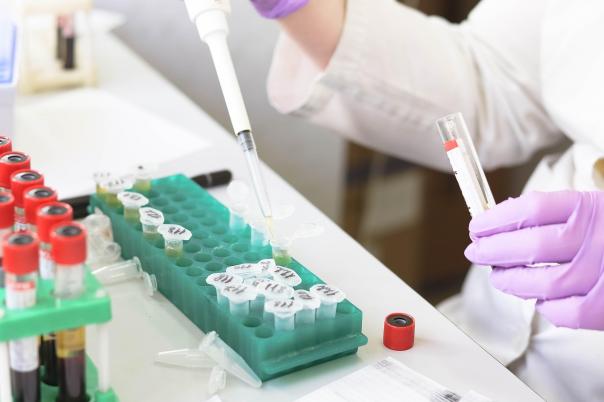Débora Souza da Costa, Senior Biosample Operations Leader at Roche, highlighted that targeting unmet medical needs and integrated approaches are necessary to accelerate clinical development and it is essential to conduct trials in small populations and come up with innovative trial designs. Souza da Costa discussed her trial that aimed to treat patients with Cancer of Unknown Primary site (CUP). CUP is a cancer type where cancer cells are found in the body in the metastasis, but the primary location of the tumour site is unknown.
This is a very challenging scenario that requires a multidisciplinary diagnosis team that relies on sampling, lab analysis, and imaging tests. The goal of the multidisciplinary approach is to exclude any other cancer types to get the CUP diagnosis. CUP contributes to 2 -5% of all malignancies, additionally, the 12-month survival rate averages to 23% meaning there is a demand for treatments.
Therefore, Souza da Costa and her team launched the CUPISCO trial. She highlighted its innovative design: “It's a randomised phase two prospective trial controlled that aims to determine the efficacy and safety of molecular target therapy or cancer immunotherapy guided by a comprehensive genome profile compared to chemotherapy, a newly diagnosed unfavourable cancer of unknown primary.” The main objective was to assess if molecular-guided therapy could increase progression-free survival compared to standard chemotherapy in patients who reached stable disease after three months of chemotherapy.
Souza da Costa added that identifying CUP patients and recruiting them for the trial was challenging due to the strict guidelines and high screen failure rates. The trial involved 1,505 patients screened and 636 enrolled, with significant efforts in cross-functional collaboration.
The molecular tumour board (MTB) supports the advice for therapy assignment: it involved an interdisciplinary effort between oncologists, pathologists, site investigators, and geneticists reviewing genomic data to recommend personalised treatment for patients. Souza da Costa said that liquid and tissue biopsies were used to profile patients and assign therapies, and these decisions were supported by genomic profiling.
Results showed that CUPISCO met its primary endpoint: improve progression-free survival compared to chemotherapy. CUPISCO provides a good foundation for expanding precision medicine trials for other cancer types. Souza da Costa summed up the need for collaboration in her closing statement: “Alone we can do so little but together we can do so much.”




